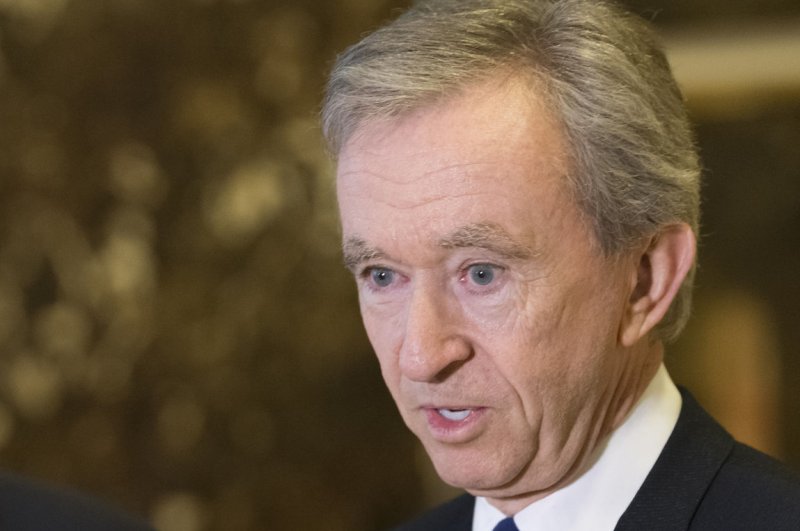Israeli police storm Al-Aqsa mosque, arresting hundreds
April 5 (UPI) -- Israeli police stormed the Al-Aqsa mosque on Tuesday night, arresting hundreds of people they said had barricaded themselves in the building, prompting retaliatory rockets to be launched from the Gaza Strip at Israel and for Israel to respond with airstrikes.
The escalating series of violence comes as Muslims celebrate Ramadan and Jews prepare for their Passover holiday and which began with police storming Al-Aqsa mosque in East Jerusalem, arresting more than 350 people.
Israel Police said the suspects, "including masked individuals, stone and firework hurlers/throwers and individuals suspected of desecrating the mosque" were accused of having "violently barricaded themselves" in the mosque.
April 5 (UPI) -- Israeli police stormed the Al-Aqsa mosque on Tuesday night, arresting hundreds of people they said had barricaded themselves in the building, prompting retaliatory rockets to be launched from the Gaza Strip at Israel and for Israel to respond with airstrikes.
The escalating series of violence comes as Muslims celebrate Ramadan and Jews prepare for their Passover holiday and which began with police storming Al-Aqsa mosque in East Jerusalem, arresting more than 350 people.
Israel Police said the suspects, "including masked individuals, stone and firework hurlers/throwers and individuals suspected of desecrating the mosque" were accused of having "violently barricaded themselves" in the mosque.
Authorities stormed the building after failed attempts via dialogue to convince them to leave, Israel Police said in a statement, adding officers were pelted with stones and firecrackers they said were smuggled into the mosque overnight by those who then barricaded themselves inside with the use of iron rods, closets and other objects.
One Israeli soldier was injured in the operation, while the Palestinian Ministry of Foreign Affairs said "hundreds" of worshippers were injured in what it condemned as a "brutal" attack against Palestinian worshippers.
"Israeli occupying forces illegally invaded Al-Aqsa, barbarically assaulted men, women and children, unlawfully detained more than 500 worshippers, prevented ambulances from attending to hundreds of injured worshippers and caused irreparable damage to the Al-Aqsa Mosque," it said in a statement Wednesday morning.
"Israeli occupying forces illegally invaded Al-Aqsa, barbarically assaulted men, women and children, unlawfully detained more than 500 worshippers, prevented ambulances from attending to hundreds of injured worshippers and caused irreparable damage to the Al-Aqsa Mosque," it said in a statement Wednesday morning.
"Worshippers have the absolute right to freely and safely pray in and around the holy compound, whenever and at any time, without any obstruction or violence."
Following the siege on Tuesday night, sirens blared throughout southern Israel as the IDF said at least nine rockers were fired toward the country from Gaza, with four being intercepted by military and four others landing in open areas.
In retaliation, Israel, which holds Hamas responsible for all violence from Gaza, said warplanes struck three weapons manufacturing sites, a military training compound and military posts of the militant terrorist organization in the Palestinian enclave.
"This is in response to the firing of rocket-propelled grenades by vandals in the Gaza Strip towards Israel last night," the IDF said in a statement. "This raid is a blow to the armament and force-building capabilities of the Hamas terrorist organization.










